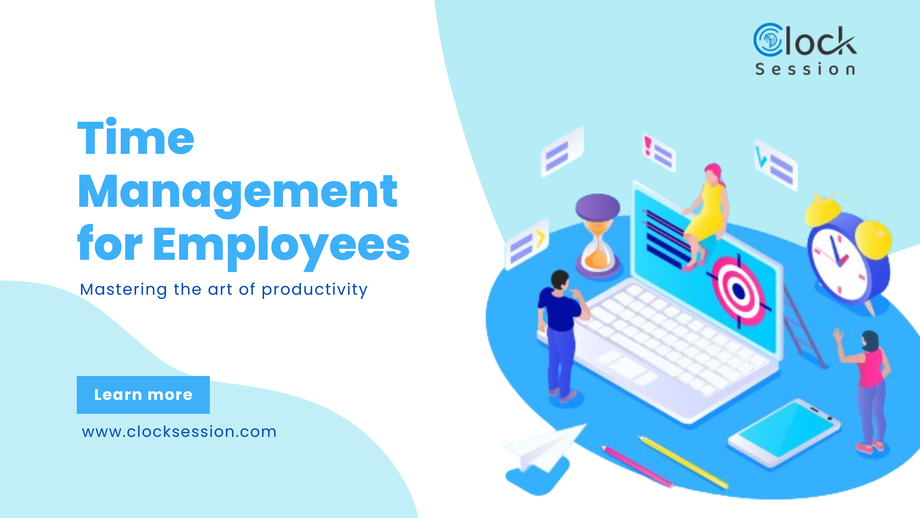In today’s fast-paced work environment, time management is a critical skill for employees aiming to enhance productivity and achieve a healthy work-life balance. Effective time management can lead to improved performance, reduced stress, and increased job satisfaction. Here are some practical strategies and tips to help employees manage their time more efficiently.
1. Prioritize Tasks
Start by identifying and prioritizing tasks. The Eisenhower Matrix, which categorizes tasks into four quadrants based on urgency and importance, can be an effective tool. Focus on tasks that are both urgent and important (Quadrant I), plan tasks that are important but not urgent (Quadrant II), delegate tasks that are urgent but not important (Quadrant III), and eliminate tasks that are neither urgent nor important (Quadrant IV).
2. Set SMART Goals
Setting SMART (Specific, Measurable, Achievable, Relevant, Time-bound) goals can provide clear direction and a sense of purpose. Breaking down larger projects into smaller, manageable tasks with specific deadlines can help in maintaining focus and tracking progress.
3. Use Time Management Tools
Leverage technology to stay organized. Tools like Clockify, ClockSession, and Timely can help in time tracking, tracking tasks, setting deadlines, and managing projects. Calendar applications such as Google Calendar or Outlook Calendar are invaluable for scheduling meetings, setting reminders, and planning daily activities.
4. Create a Daily Schedule
Develop a daily schedule that allocates specific times for tasks and activities. Start your day by outlining key tasks and estimating the time required for each. Be sure to include buffer times between tasks to accommodate unforeseen interruptions and maintain flexibility.
5. Avoid Multitasking
While multitasking might seem efficient, it often leads to decreased productivity and increased errors. Focus on one task at a time to improve concentration and ensure high-quality work. Completing tasks sequentially can also provide a sense of accomplishment and motivate you to continue working efficiently.
6. Minimize Distractions
Identify and minimize distractions in your work environment. This may involve setting boundaries with colleagues, turning off non-essential notifications, or creating a dedicated workspace. Techniques such as the Pomodoro Technique, which involves working in focused intervals followed by short breaks, can also help in maintaining concentration.
7. Take Regular Breaks
Regular breaks are essential to maintain productivity and prevent burnout. Short breaks during work hours can rejuvenate the mind and improve focus. Consider taking a five-minute break every hour or a longer break after completing a significant task.
8. Delegate When Possible
Delegation is a crucial aspect of time management. Assess your workload and identify tasks that can be delegated to others. Delegating not only frees up your time for more critical tasks but also empowers team members by giving them additional responsibilities.
9. Review and Reflect
At the end of each day, take a few minutes to review what you have accomplished and reflect on what could be improved. This reflection can help in adjusting your strategies and planning for the next day more effectively.
10. Continuous Improvement
Time management is an ongoing process. Continuously seek feedback, learn new techniques, and adapt to changing circumstances. Staying open to improvement can lead to more effective time management over time.
Conclusion
Mastering time management is essential for employees aiming to enhance productivity and achieve their professional goals. By prioritizing tasks, setting SMART goals, leveraging time management tools, and maintaining a disciplined approach to scheduling and task execution, employees can optimize their time, reduce stress, and improve their overall job performance. Remember, effective time management is not about working harder but working smarter.

